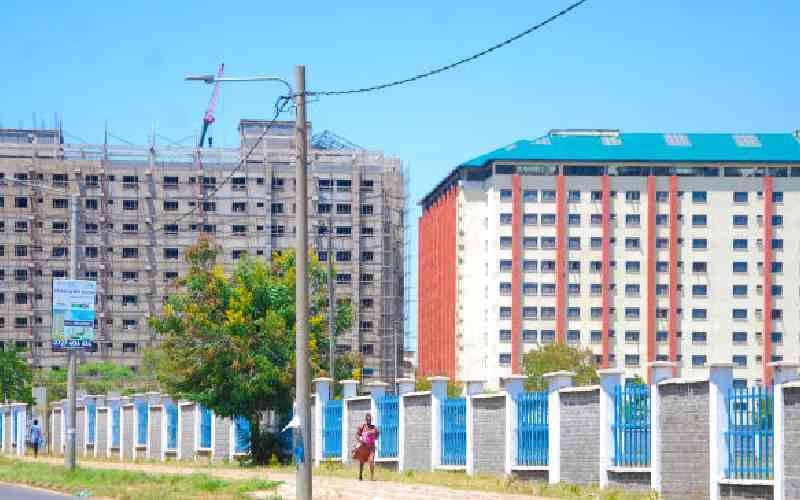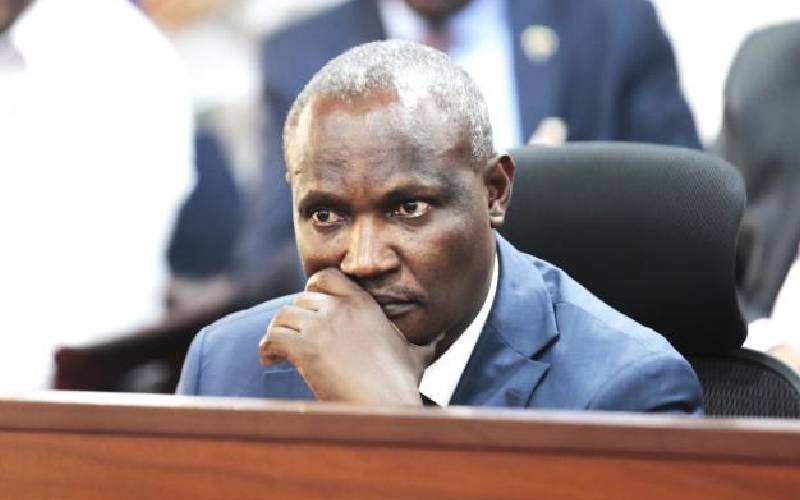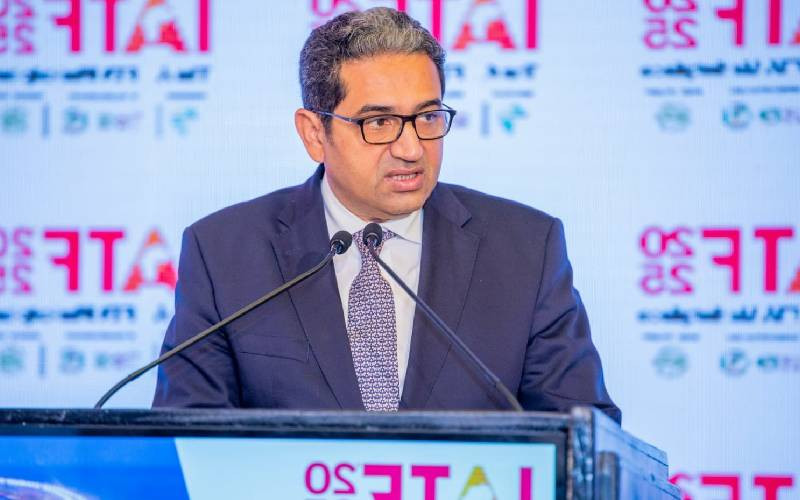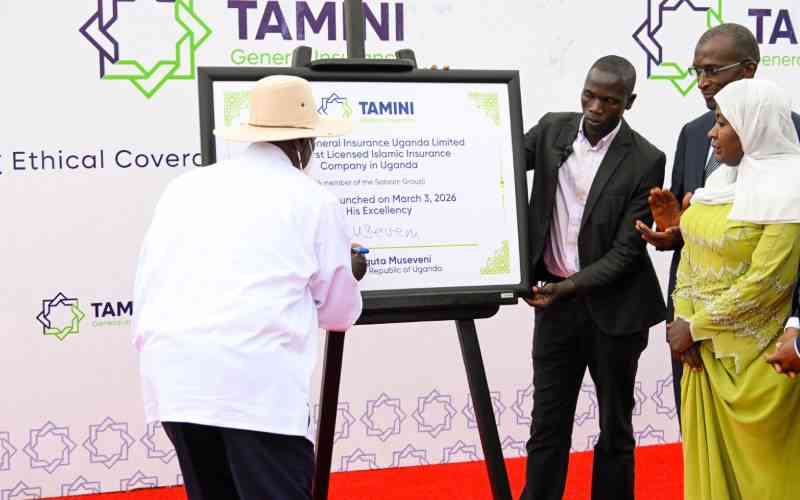×
The Standard e-Paper
Join Thousands Daily
By Kipchumba Some
Two years after Kenya sunk to her lowest point and was being mentioned alongside failed states like Somalia and Sudan, international community has expressed its faith in the country.







